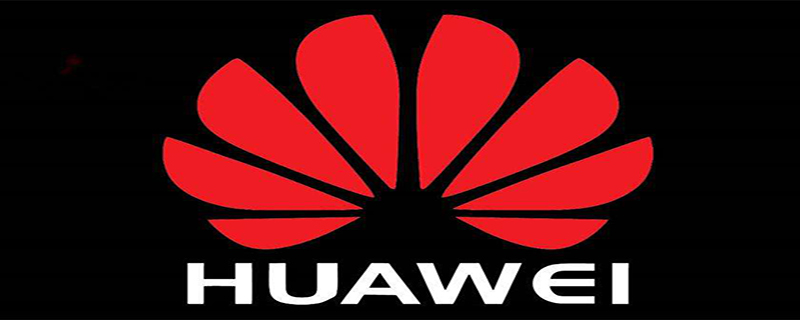Huawei founder Ren Zhengfei made it clear in an interview with the media that Huawei will definitely not be listed. "The capital market is greedy. To a certain extent, not being listed has contributed to Huawei's success."

Ren Zhengfei said: “Everyone has heard a lot of theories in traditional economics. These theories all claim that shareholders have a long-term vision and employees will not pursue short-term interests and will make very reasonable decisions in the future. , Evidence-based investment." (Recommended learning: PHP video tutorial)
But in fact, Ren Zhengfei said, "(Public) shareholders are always greedy and want to be as quick as possible. They will squeeze out every drop of profit from a company, and the people who own the company will not be so greedy. One of the reasons why we can surpass our competitors in the same industry is that we are not listed."
Moreover, Ren Zhengfei said , Huawei does not need to go public to provide greater transparency. Huawei will grant company equity to its employees, a move that Ren Zhengfei called a "long-term perspective." Ren Zhengfei also explained Huawei's internal shareholding structure, saying that he only holds 1.4% of the shares, and the rest are held by company employees.
Ren Zhengfei believes that this shareholding structure is one of the reasons why Huawei can catch up with peers in the industry. "Huawei's employees are also the owners of the company, so they tend to take a long-term view and are not eager to cash out. The owners of the company We are not greedy, so Huawei can stay in the position we enjoy. However, we cannot live forever, and maybe one day Huawei people will become greedy.”
Let’s first talk about the benefits of going public now. First, it can harvest a large amount of funds in a short period of time. If it is listed, it can quickly raise funds, which is the fastest way, which is also the biggest benefit; second, it can share risks and let the public and the public by issuing its own company's stocks. You share the company's risks. For these two points, the biggest benefits of going public are that you can improve your capital flow and reduce risks. As for other benefits, you can get rid of the control of banks, increase the company's visibility, and many other benefits.
After talking about the advantages, let’s talk about the disadvantages. The most important thing is that listing costs money. It is impossible for you to go to the exchange for free and list casually. In addition, the company’s transparency must be improved. , it is easy for your confidential information to be known by competitors, and if you do not set a good range for your stock price when you go public, it will be a big loss for the company, and it may be maliciously controlled.
The reason why Huawei is not listed now is mainly because Ren Zhengfei gave all his shares to employees and only retained 1% of the shares. To go public, the shares must be collected for valuation. For Huawei, which has been in business for more than ten years, employee stock ownership can actually stimulate employees' ambition. Once listed, it may increase employee inertia.
There are three other reasons. The first is that Huawei’s own products are very competitive. At least in the international market, no big Internet company can eat it up. The second is that Huawei has abundant capital flows. , self-produced and self-sold, there is no need to go public and raise funds to develop the company; thirdly, Huawei masters core technologies and is not afraid of other parties' technological blockade. Once listed, some confidential documents will be easily exposed.
For more PHP-related technical articles, please visit the PHP Graphic Tutorial column to learn!
The above is the detailed content of Has Huawei gone public?. For more information, please follow other related articles on the PHP Chinese website!